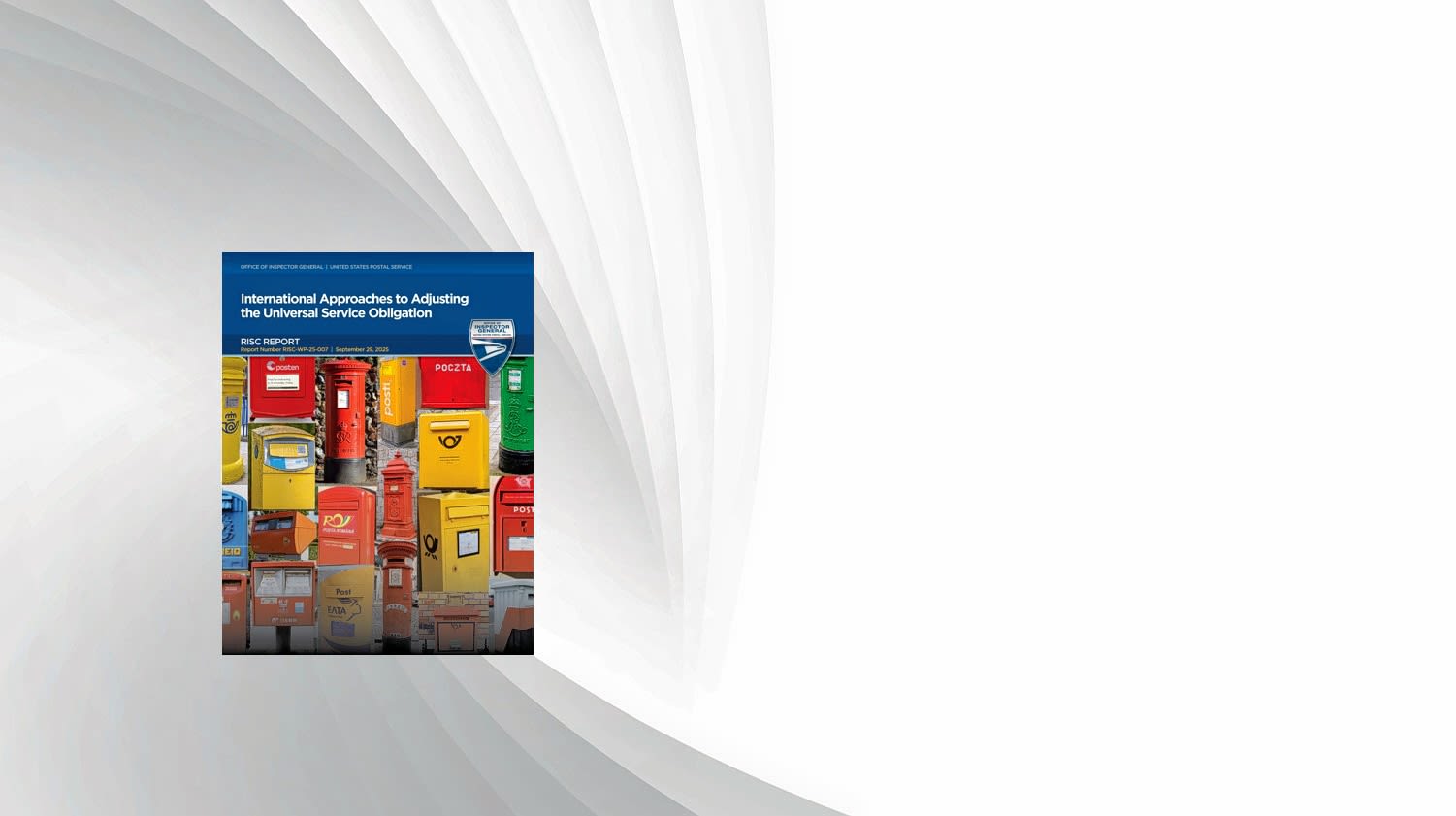International Approaches to Adjusting the Universal Service Obligation
- Research and Insights Solution Center -
United States Postal Service Office of Inspector General

The universal service obligation (USO) is a set of requirements that ensures all citizens within a country have access to a basic level of postal service at an affordable price with a consistent level of quality. Around the world, declining mail volume and increased competition in the parcel market have impacted postal revenue, making it more difficult to sustain the costs associated with providing the USO.
In response to these market changes, many countries have recognized a need to revisit their USOs and engage in discussion about the future of postal services.
Recent USO Changes in Other Countries


We examined USOs in 28 countries and found that they have adjusted aspects of the USOs to reduce costs and sustain postal service into the future.
The changes fall into four categories: delivery days, delivery speed, postal retail networks, and scope of USO products.
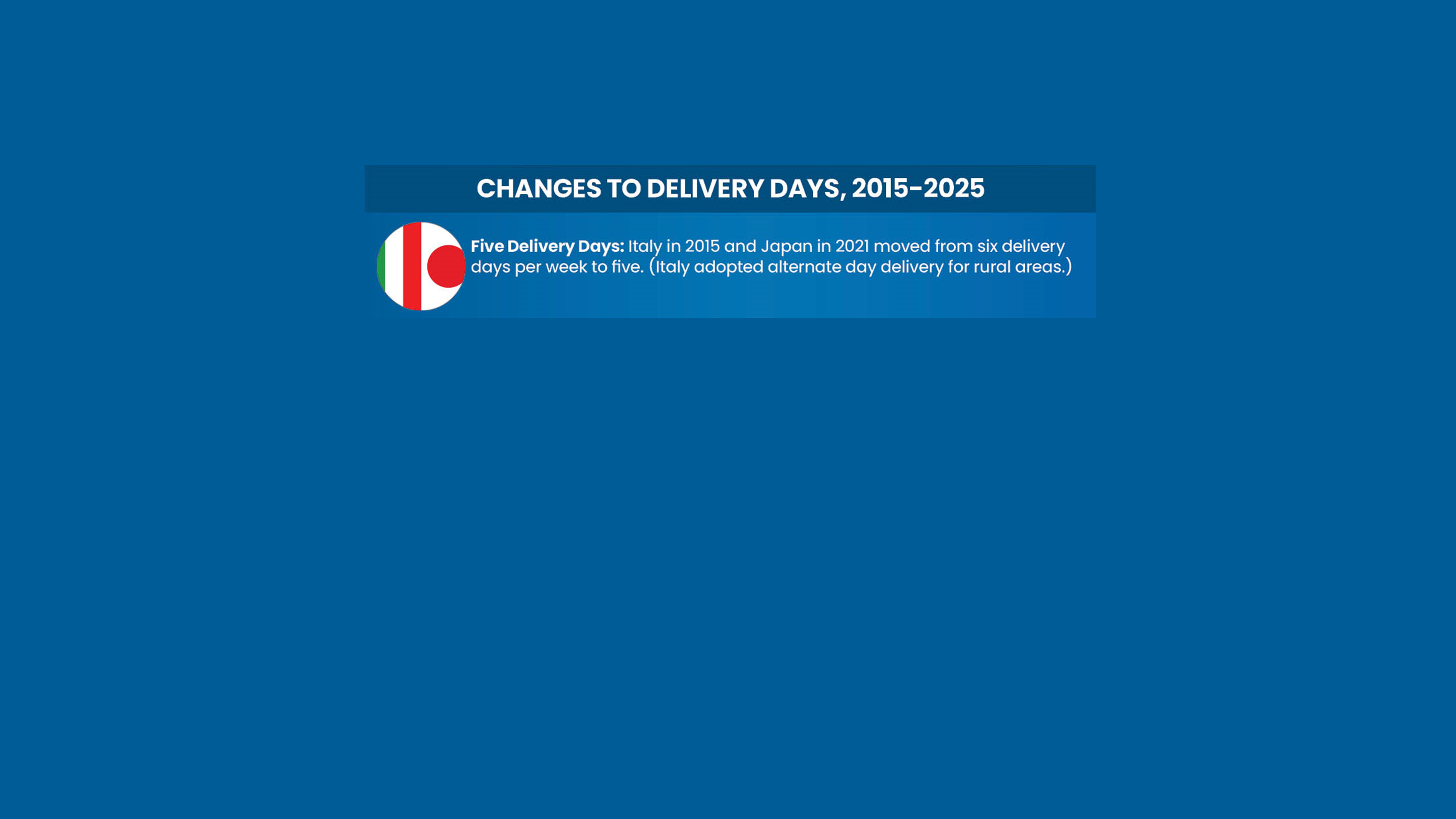
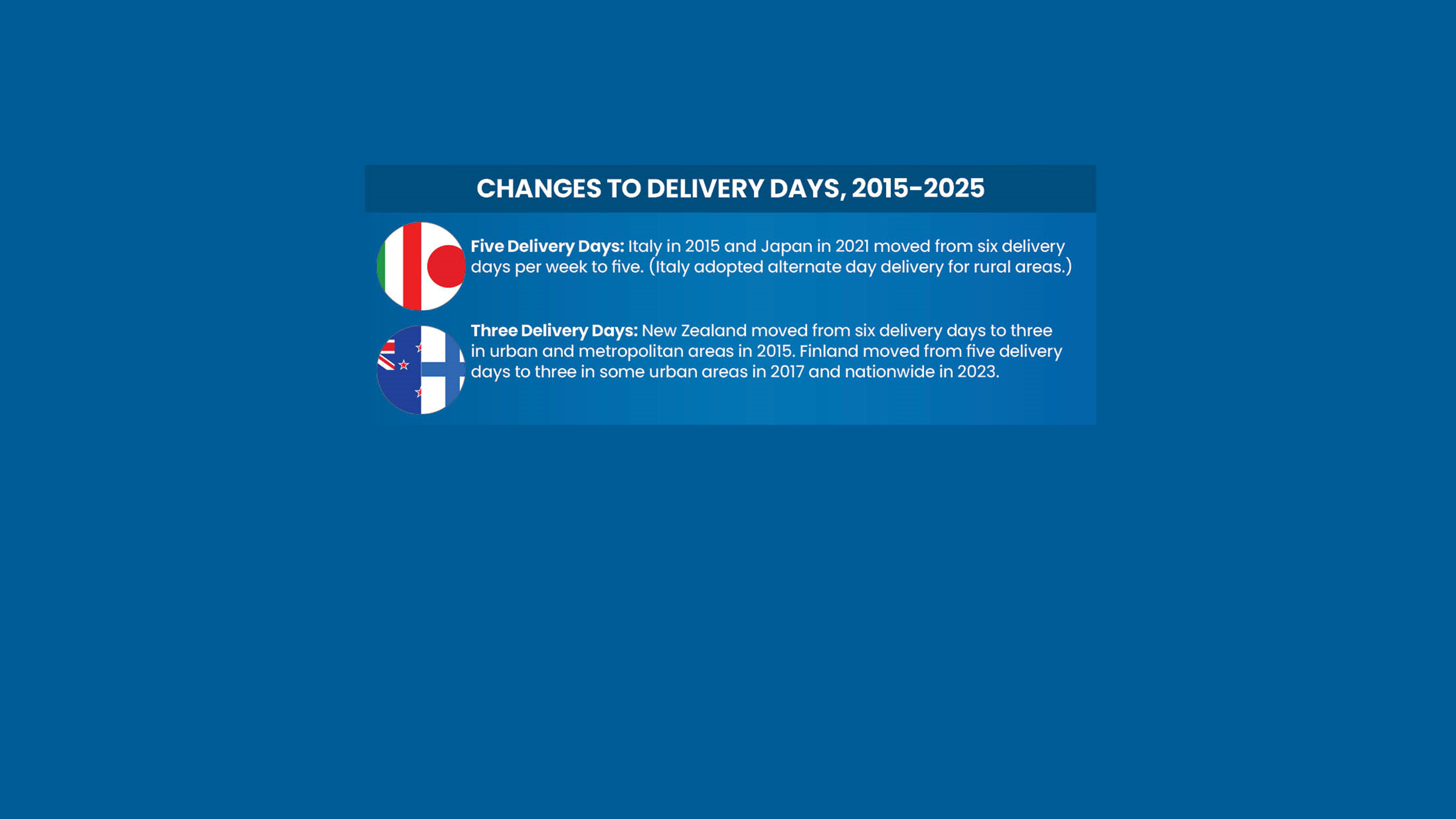
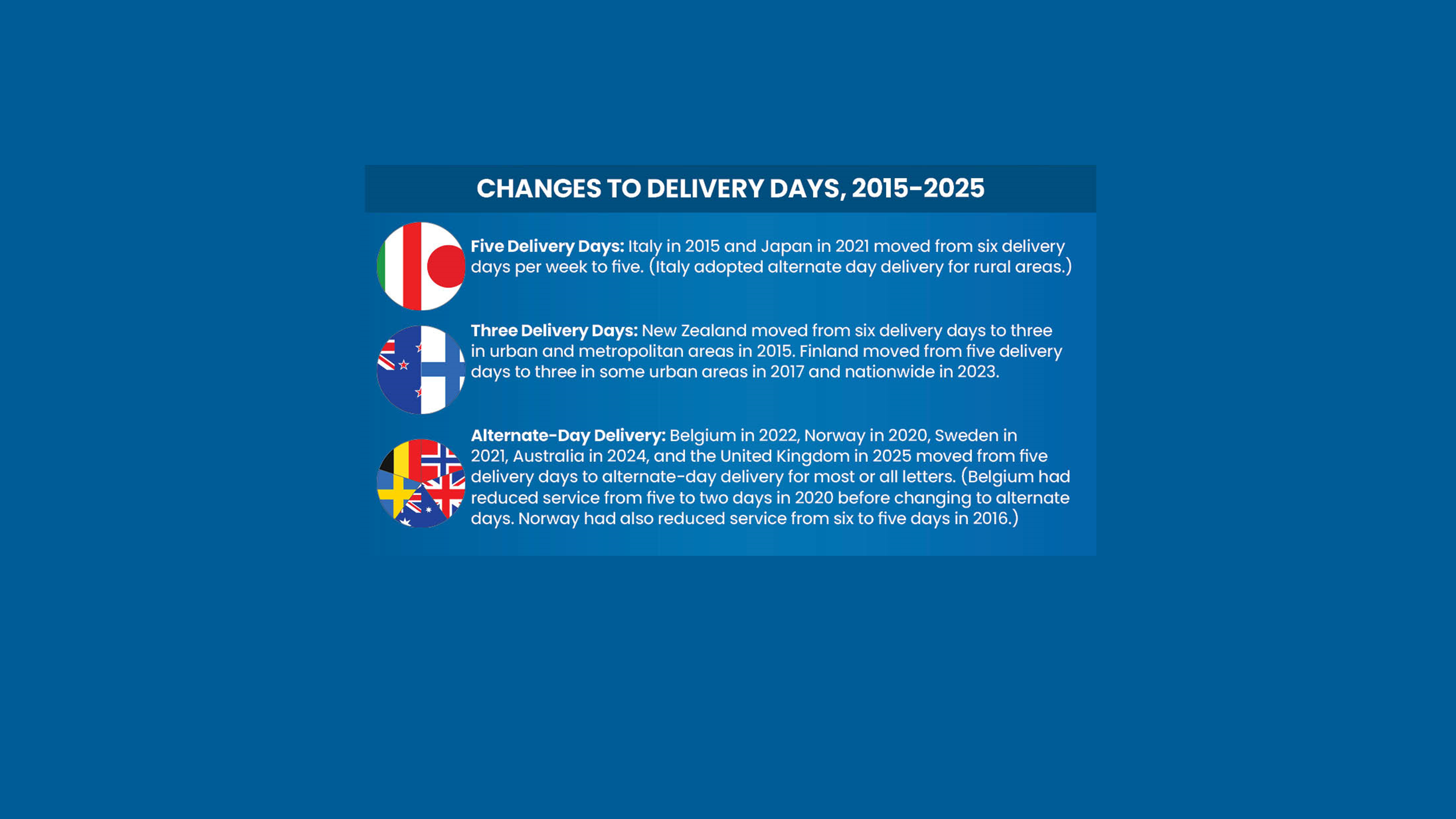
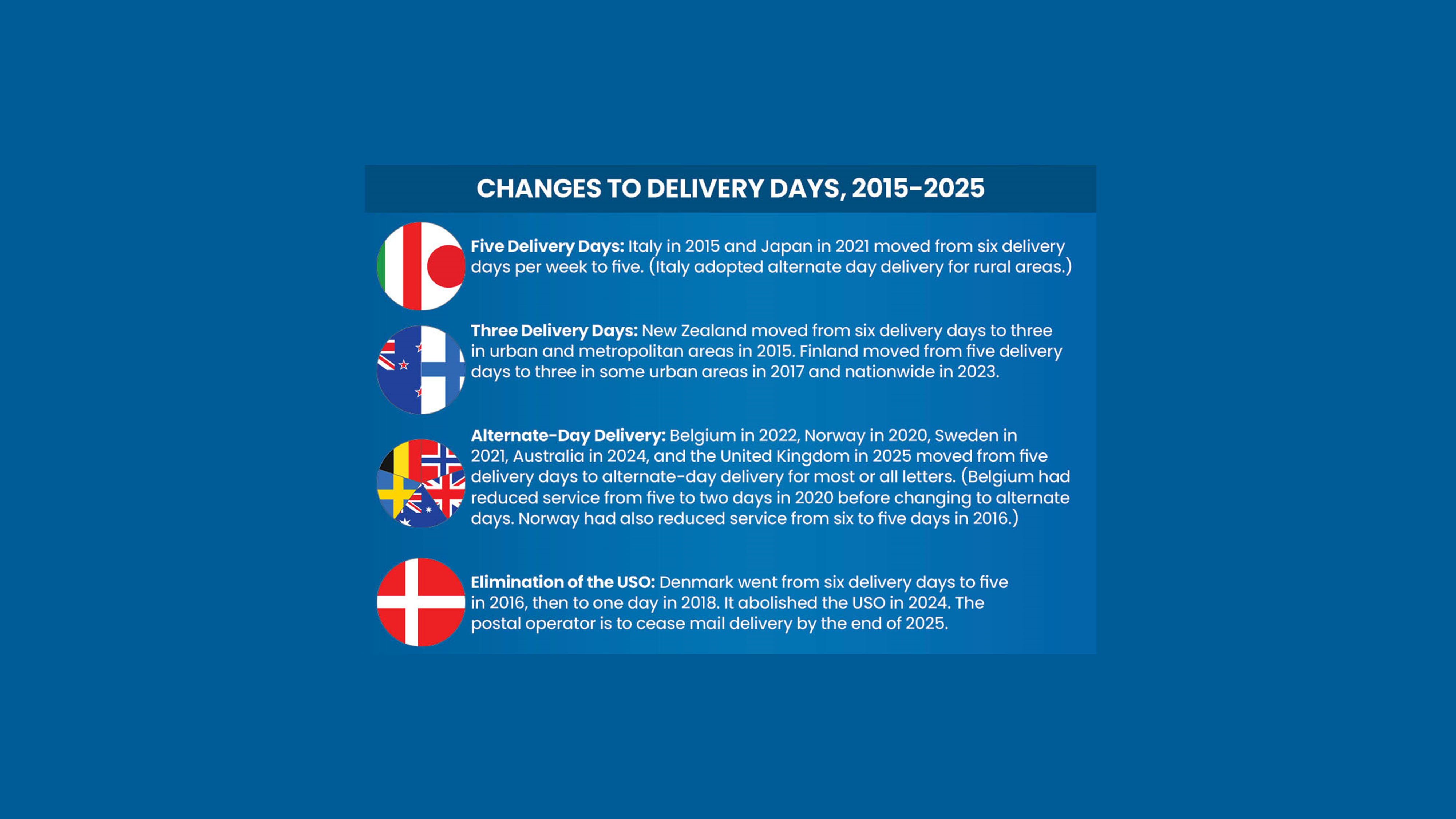








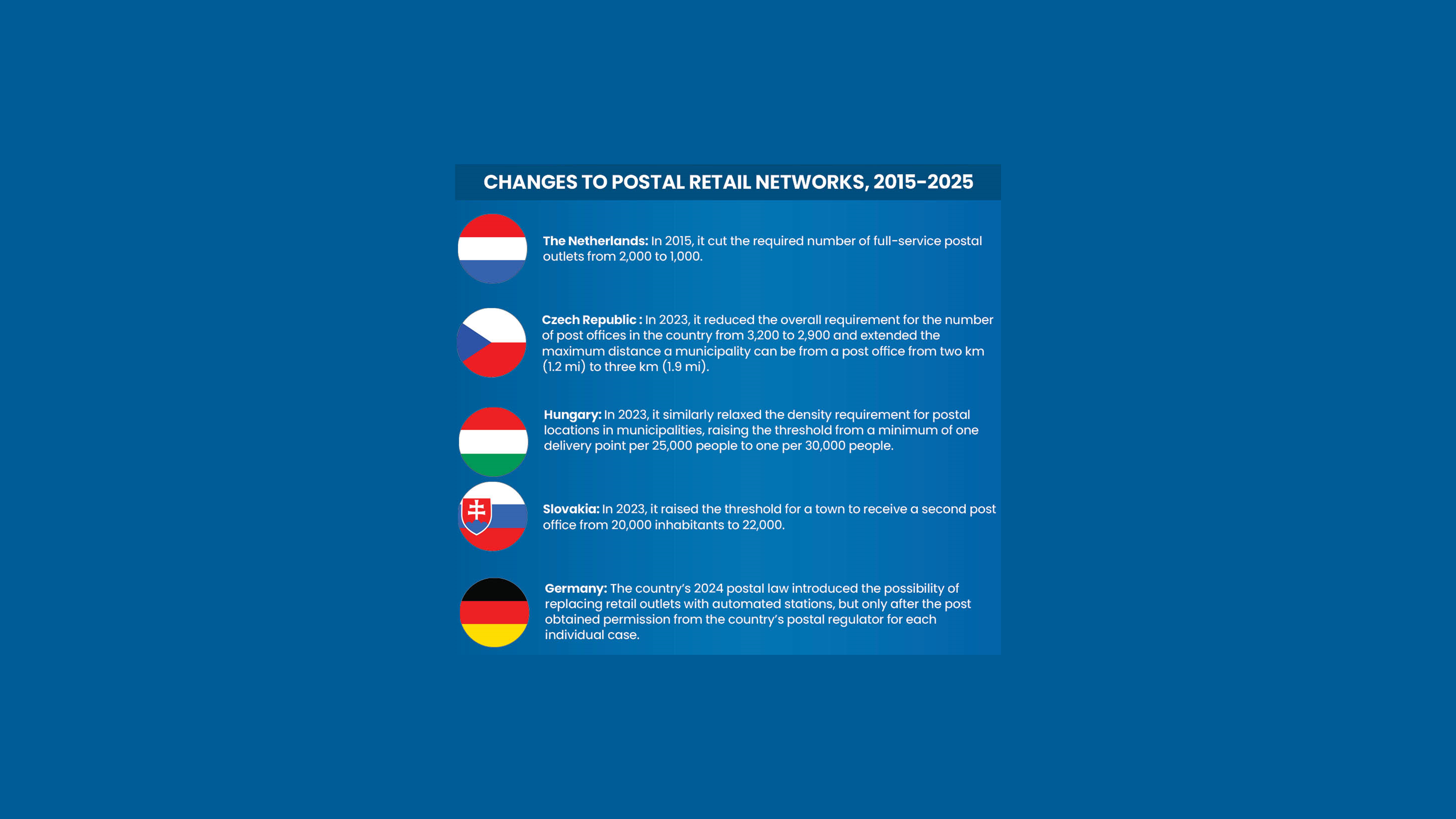



Changing the USO: Process and Impact




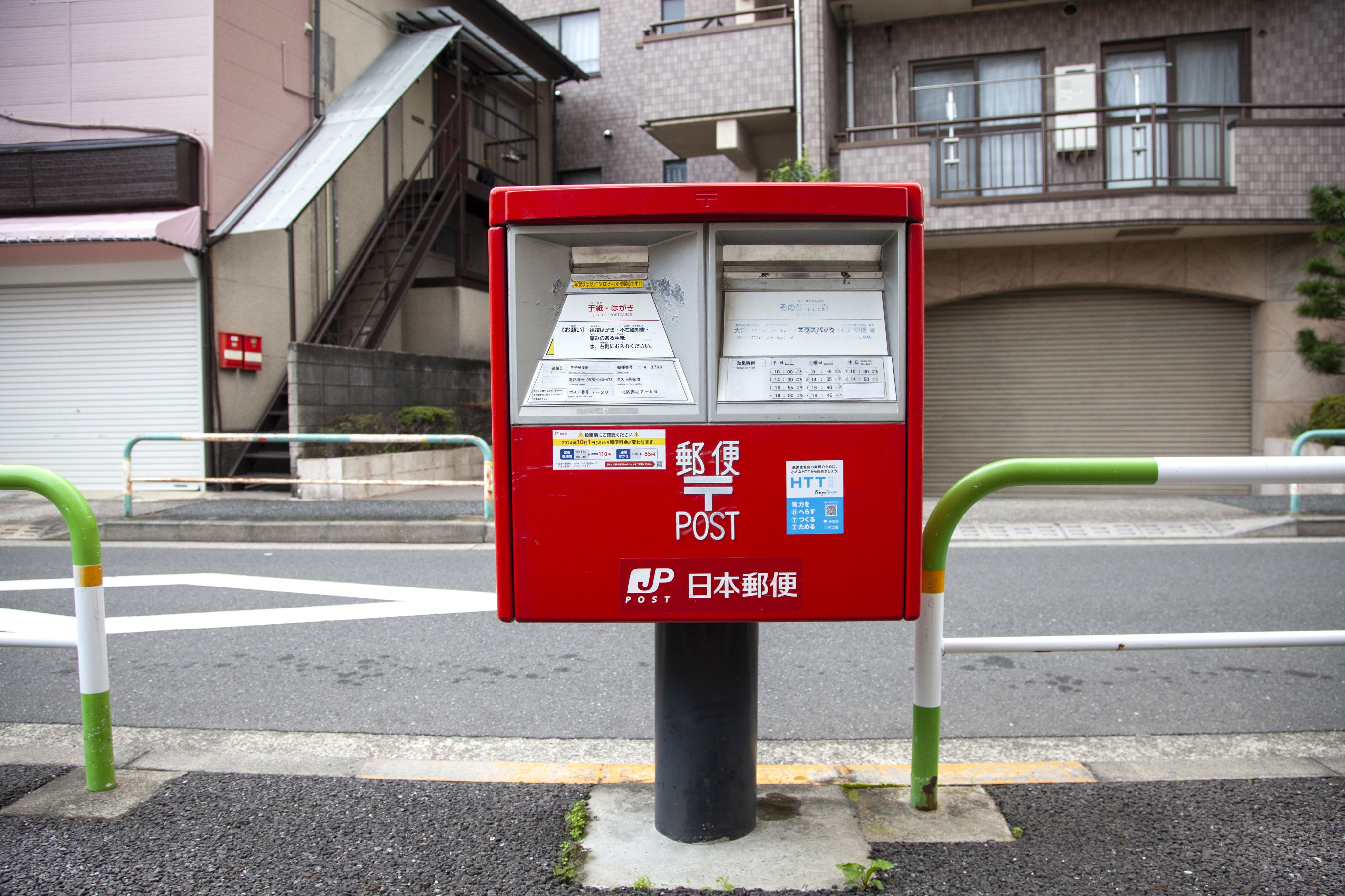
A Process That Differs by Country
- The process for changing the USO is not the same everywhere.
- Who leads reform, how proposals are shared, how people give feedback, and how decisions are made all vary from country to country.
Different Models of Authority
- In some countries, the USO is written into law. This means only the legislature can change it.
- In others, it is defined by regulations, giving government ministries or departments the power to adjust directly.
The Reform Journey
- Despite these differences, most reforms follow a similar journey.
- USO reforms are led by a government ministry or department, expected outcomes are shared in advance, and public engagement helps shape the rationale for change.
Impact
- While modifying the USO helped some countries reduce costs, it was not always enough to ensure the long-term sustainability of postal services.
- Clear and transparent communication about the purpose and effects of these reforms, however, played a key role in building public support and facilitating their implementation.
Considerations for the U.S.




Except for the six-day delivery mandate, the U.S. postal USO is broadly and qualitatively defined in law. There is no ministry overseeing postal policy or formal process specifically designed for updating the USO.
This broad definition gives USPS more discretion than many peers to interpret and adjust USO parameters to balance service quality with financial sustainability.
While this paper does not suggest changing the U.S. framework, international experiences offer useful insights for the Postal Service and other stakeholders should the USO framework be reevaluated in the future.
The practices from other countries highlight the value of regularly assessing customer needs and engaging stakeholders to support a more transparent, evidence-based process.
International Approaches to Adjusting the Universal Service Obligation
